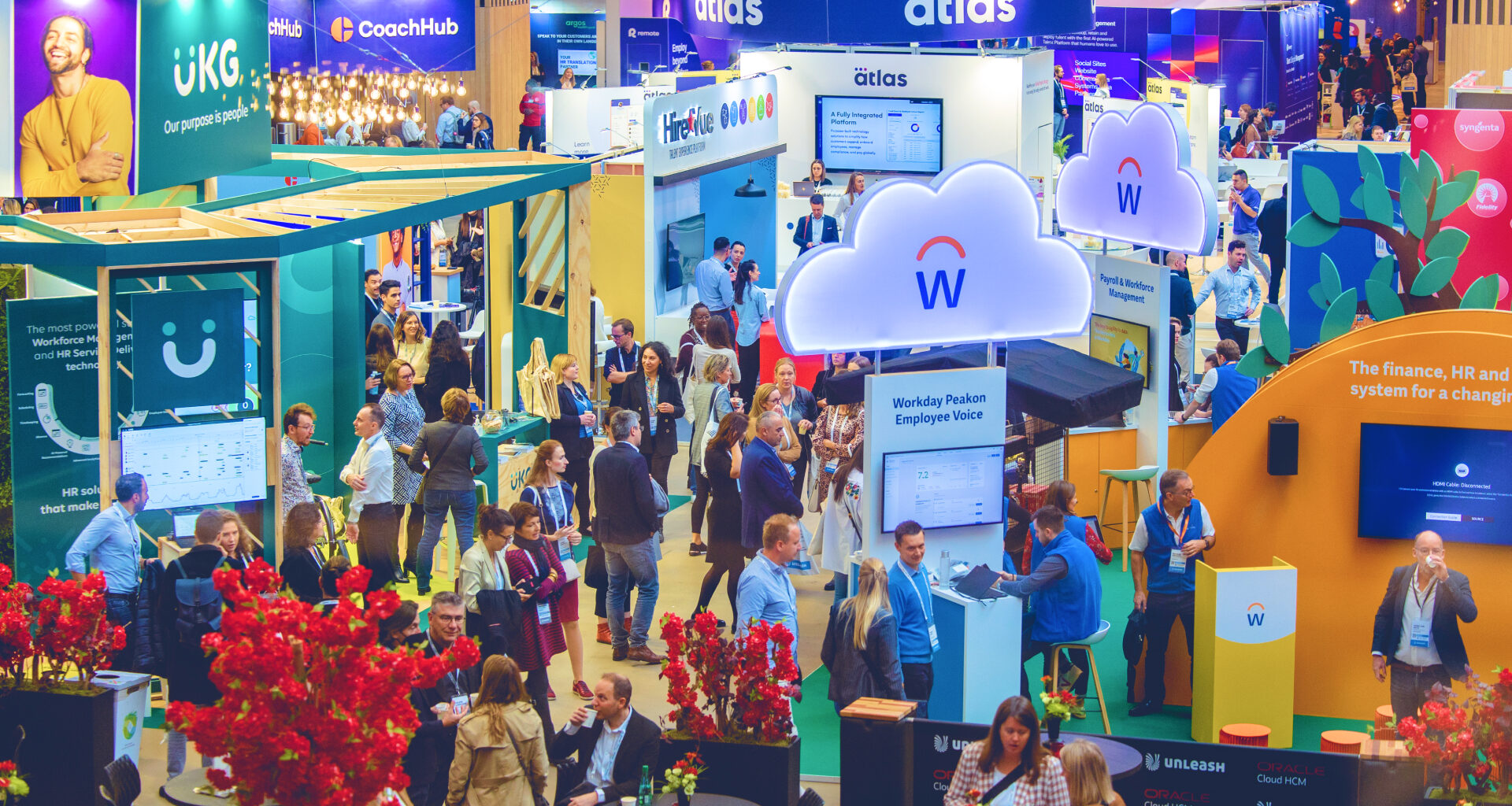Why the Speed of Technological Convergence Will Redefine Work and Demand a Whole New Skills Strategy by 2035
The pace of change is accelerating. AI was just the start. Now quantum computing, neuromorphic systems, immersive spatial platforms and biological computing are moving from labs into the enterprise faster than most HR leaders realise. This isn’t a distant future, it’s unfolding in parallel and converging fast. This panel explores which technologies will hit hardest first, what skills will become critical, and how to prepare your workforce for a world where intelligence, code and biology are merging.
By 2035, organisations will not just be automating tasks—they’ll be partnering with synthetic minds, training inside immersive systems, and hiring talent fluent in biology, quantum logic and AI orchestration. The speed of this transformation is being driven by exponential advances in computing power, cross-disciplinary innovation, and the collapse of traditional boundaries between hardware, software and wetware.
This session is a wake-up call for HR and learning leaders. The skill shifts ahead will be deeper, faster, and more disruptive than those seen in the AI boom. To prepare, organisations need a bold and adaptive strategy grounded in foresight, convergence thinking, and new kinds of capability building.
Key Takeaways:
Understand why IT disruption is speeding up and what comes next
Track how quantum, neuromorphic and bio-AI are converging at enterprise scale
Discover which skills will define high-value talent in 2035
Prepare for spatial and embodied computing as default platforms for learning
Build adaptability into your workforce strategy before disruption hits
Move beyond digital skills to systems design, cognitive teaming and foresight fluency
Rethink how you partner with R&D, tech leaders and futurists inside your organisation

